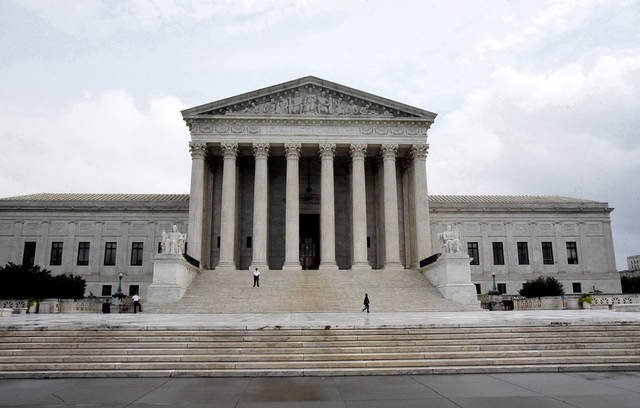WASHINGTON — The Supreme Court agreed Tuesday to hear an important case on the Clean Water Act and decide whether environmentalists can sue to block Hawaii’s disposal of waste water that flows underground into the Pacific Ocean.
At issue is a dispute over the limits of the federal government’s anti-pollution authority.
For more than a decade, the justices have been split over how far the federal government can go to regulate water inside the United States, whether in wetlands, or, as in this case, groundwater.
The court’s conservatives have argued that the federal government can only regulate polluted water that flows directly into a river, bay or the ocean because these are “waters of the United States.”
But environmentalists as well as the court’s liberal justices have said this authority can extend farther inland to prevent pollution that will eventually flow into rivers and bays.
A federal judge in Hawaii and the 9th Circuit Court of Appeals in San Francisco agreed with environmentalists that the Clean Water Act could prevent Hawaii from discharging waste water into the ground if some of it eventually made its way into the Pacific Ocean.
The high court agreed to hear an appeal from county officials in Hawaii who said the federal authority did not extend to a local water treatment plant.
The case of County of Maui v. Hawaii Wildlife Fund will be heard in the fall.

